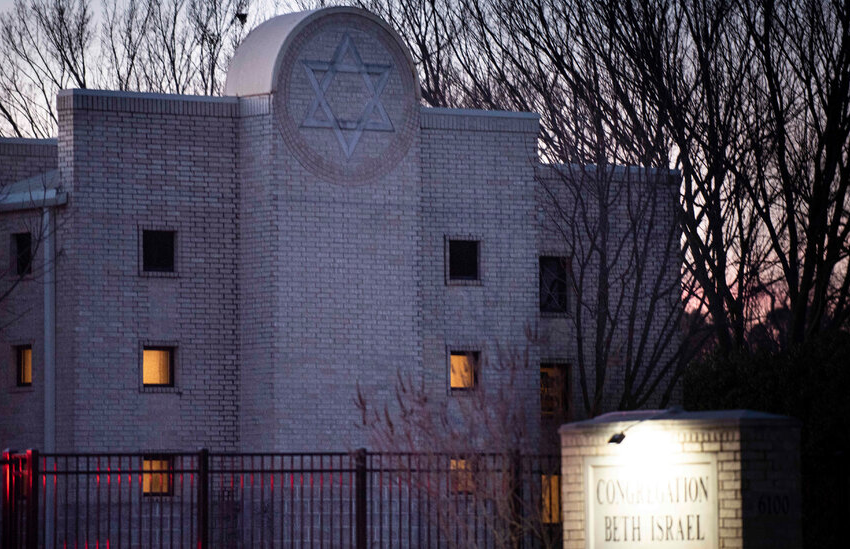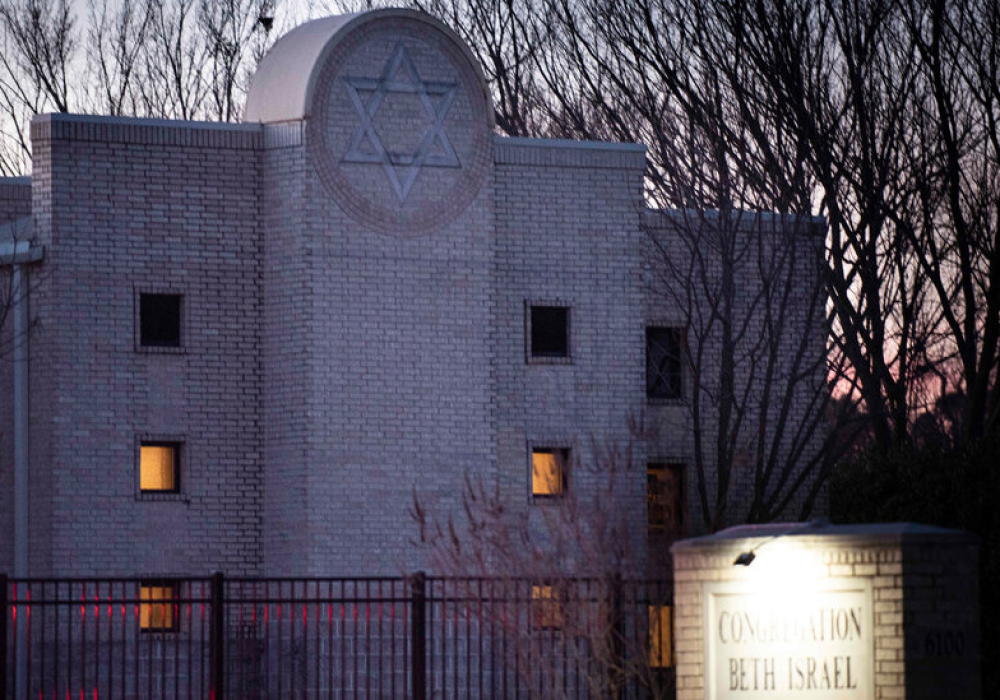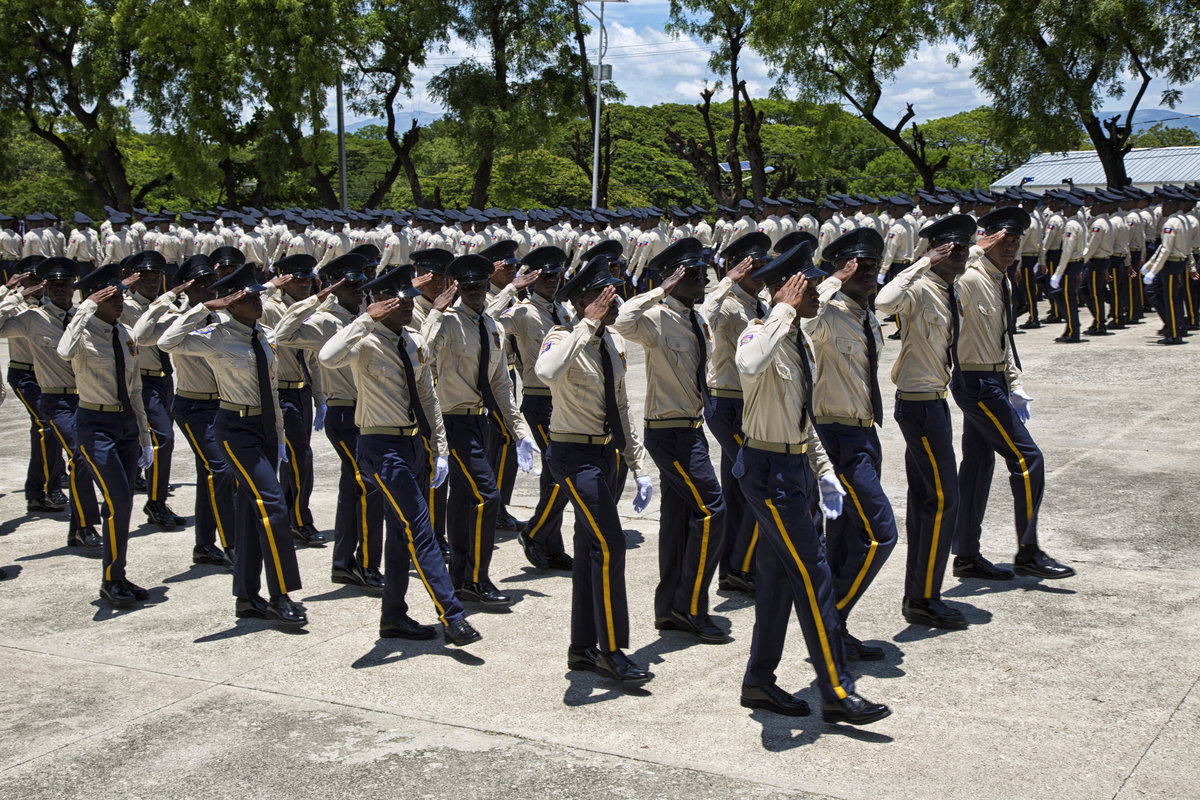DALLAS — The F.B.I. is treating the attack on a suburban Fort Worth synagogue on Saturday as “an act of terrorism targeting the Jewish community,” Christopher A. Wray, the bureau’s director, said on Thursday.
“This was not some random occurrence,” Mr. Wray told viewers of a webinar hosted by the Anti-Defamation League. “It was intentional, it was symbolic and we’re not going to tolerate antisemitism in this country.”
The bureau initially said that the attacker, a British citizen named Malik Faisal Akram, was not driven by antisemitism when he held four people at the synagogue hostage for 11 hours. At a news conference on Saturday night after all four hostages were free, the special agent in charge of the F.B.I.’s Dallas field office, Matthew DeSarno, said Mr. Akram was motivated by an issue “not specifically related to the Jewish community.”
During the attack at Congregation Beth Israel in Colleyville, which was partly livestreamed, Mr. Akram was heard referring to Aafia Siddiqui, a Pakistani neuroscientist who is serving an 86-year prison sentence in nearby Fort Worth. Ms. Siddiqui was convicted in a federal court in 2010 for “terroristic events” in Afghanistan, including trying to kill American soldiers and plotting to blow up the Statue of Liberty.
The F.B.I.’s initial assessment drew a sharp backlash from some Jewish leaders and their supporters.
“It is very disturbing to hear from the FBI they do not believe the hostage taker’s demands had anything to do with the Jewish faith,” Senator Lindsey Graham, Republican of South Carolina, wrote on Twitter on Sunday. “Apparently the FBI believes the hostage taker randomly selected a synagogue to demand the release of al-Qaeda operative and facilitator Aafia Siddiqui.”
Senator Marsha Blackburn, Republican of Tennessee, said that the bureau was “failing Jewish Americans.”
The bureau on Sunday attempted to walk back its initial claim, issuing a statement referring to the event as “a terrorism-related matter, in which the Jewish community was targeted.”
In the webinar on Thursday, Mr. Wray emphasized the F.B.I.’s commitment to combating antisemitic attacks. “We recognize that the Jewish community in particular has suffered violence and faces very real threats from really across the hate spectrum,” he said, mentioning those radicalized by jihadist movements, “domestic violent extremists” and others.
The webinar was an installment of the Anti-Defamation League’s monthly Fighting Hate From Home series, which was open to the public.
Rabbi Charlie Cytron-Walker, one of the hostages, who was at the Thursday event, also emphasized the apparent role of antisemitism in Mr. Akram’s motivations.
“I don’t remember all the details, but it was basically the notion that Jews were more important in his mind than everyone else, and that America would do more to save Jews than it would for anyone else,” the rabbi said. “That’s why he specifically targeted a synagogue. That ‘Protocols of the Elders of Zion’ type of antisemitism — that’s why he focused on us.”
Rabbi Cytron-Walker said Mr. Akram’s first demand was to speak with Angela Buchdahl, senior rabbi at Central Synagogue in New York City. Mr. Akram knew that Rabbi Buchdahl played the guitar, Rabbi Cytron-Walker said, and also “thought she was the most influential rabbi.”
“I was thinking, this guy really believes that Jews control the world,” he recalled.
Mr. Akram was killed in the standoff on Saturday, which is being investigated by the F.B.I.’s Joint Terrorism Task Force. He was a “subject of interest” on the watch list of Britain’s MI5 security service in 2020 but was eventually deemed not to be a threat. He arrived in the United States at the end of December and spent several nights in at least two Dallas homeless shelters in the days leading up to the attack, according to The Dallas Morning News.
In the webinar on Thursday, Mr. Wray said that lone actors appeared to be making up a bigger proportion of the threats facing Jewish institutions in recent years. In contrast to “sleeper cells,” consisting of a group of people planning and communicating over a long period of time, current threats are more likely to come from people working alone to carry out relatively unsophisticated, but still potentially deadly, attacks. “There are a lot fewer dots to connect and a lot less time in which to connect them,” Mr. Wray said.
The attack on Beth Israel’s Shabbat services last weekend sent chills through Jewish communities and institutions across the country, which have been on high alert since a man shouting antisemitic slurs killed 11 people on a Saturday morning in 2018 at the Tree of Life synagogue in Pittsburgh.
Rabbi Cytron-Walker and another hostage, Jeffrey Cohen, have credited security training, prompted by threats to synagogues, with providing them with the resources and wherewithal to escape unharmed. Rabbi Cytron-Walker has said he took part in at least four trainings in recent years — from the Colleyville Police Department; the Secure Community Network, a nonprofit that provides security resources to Jewish institutions; the Anti-Defamation League; and the F.B.I.













